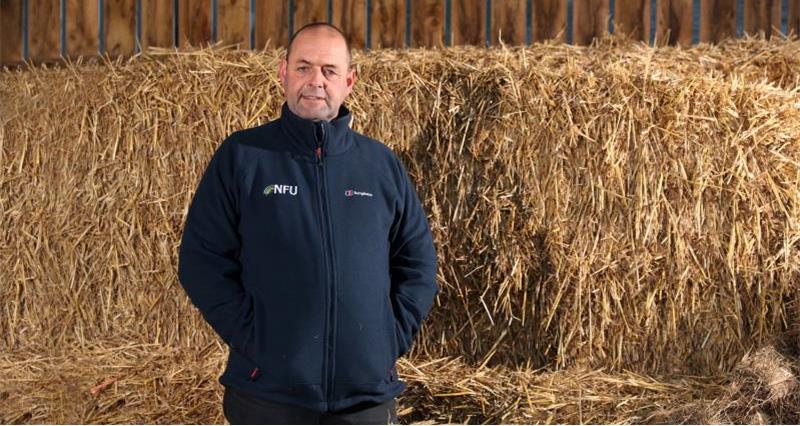It sets out which tariffs would apply to imported goods from the Europe and the rest of the world. For the dairy sector it outlines tariff lines on butter and cheese but all other dairy products are set at zero tariff.
NFU Dairy Board Chairman, Michael Oakes said: “While there is some comfort provided by a tariff regime being applied for butter and cheese in the event of a no-deal Brexit on 29 March, it is still incredibly uncertain and concerning for the dairy sector.
"The proposed tariffs only cover two of the many dairy commodities traded and the rates are only a fraction of those which will apply to all of our dairy exports in the event of no deal, so it still leaves our market exposed.
"We also still hold major concerns about the Northern Irish milk market in the event of no-deal and in particular, their ability to send liquid milk in to the Republic of Ireland for processing.
See also: Dairy and a no-deal Brexit - what it would mean for the sector
"Adequate processing capacity for this milk does not exist in either Northern Ireland or mainland GB and could cause major oversupply issues in the UK market.
"When this is coupled with high export tariffs and the spring flush of peak milk production, it strengthens the case that despite tariff schedules, a no-deal Brexit would be disastrous for dairy farmers.
"Many British dairy farmers are optimistic about the future for the industry and the opportunities that it could present, but this must not be undermined by a Government trade policy which disregards our high environmental, animal welfare and food safety standards or fails to recognise the importance of domestic milk production.”
Read more:
- NFU responds to Prime Minister's announcement on possible extension to Article 50
- Dairy and a no-deal Brexit - what it would mean for the sector
- Why a no-deal Brexit is catastrophic for British farming
- Government communication ahead of Brexit - how you can stay informed
- Listen to our Bitesized Brexit podcasts
- Download your Brexit toolkit and prepare your business now
- Technical notices: Find out what the guidance published so far means for your sector and your business
- Withdrawal Bill - the legal position explained
- All of the NFU's EU exit work in one place
